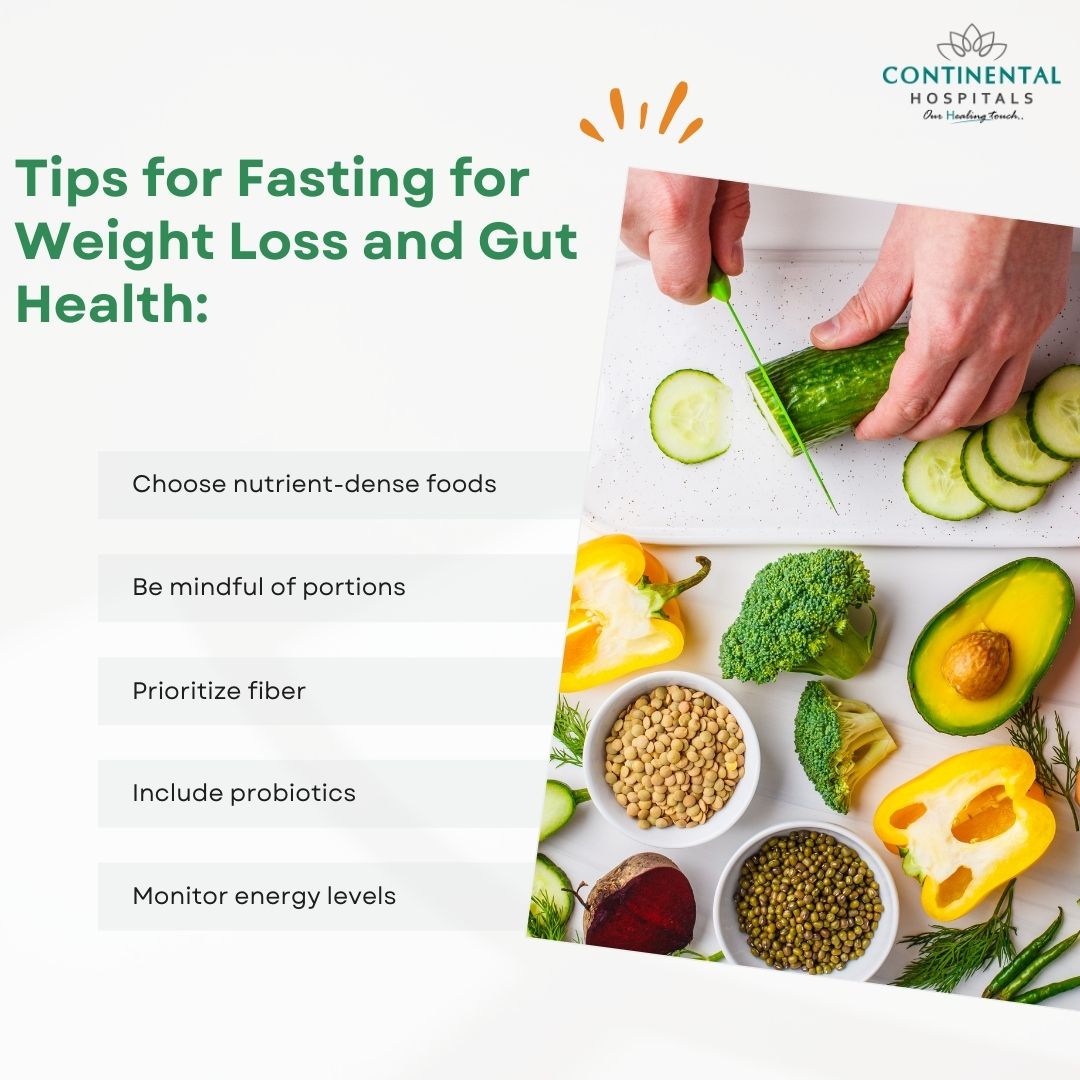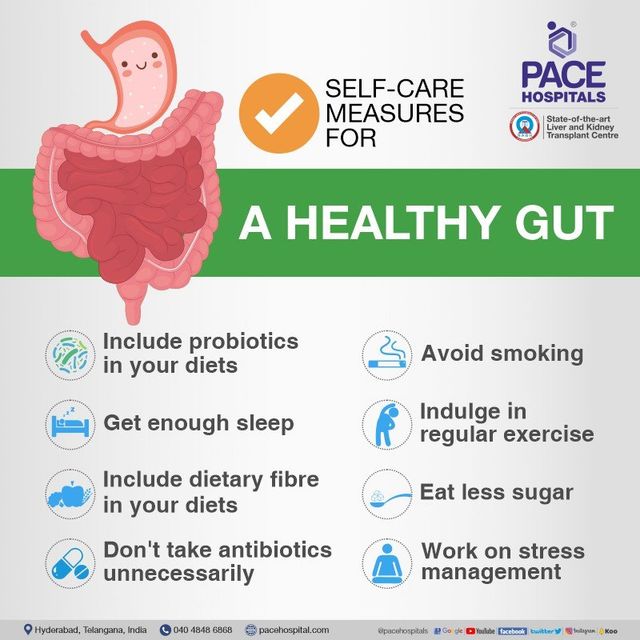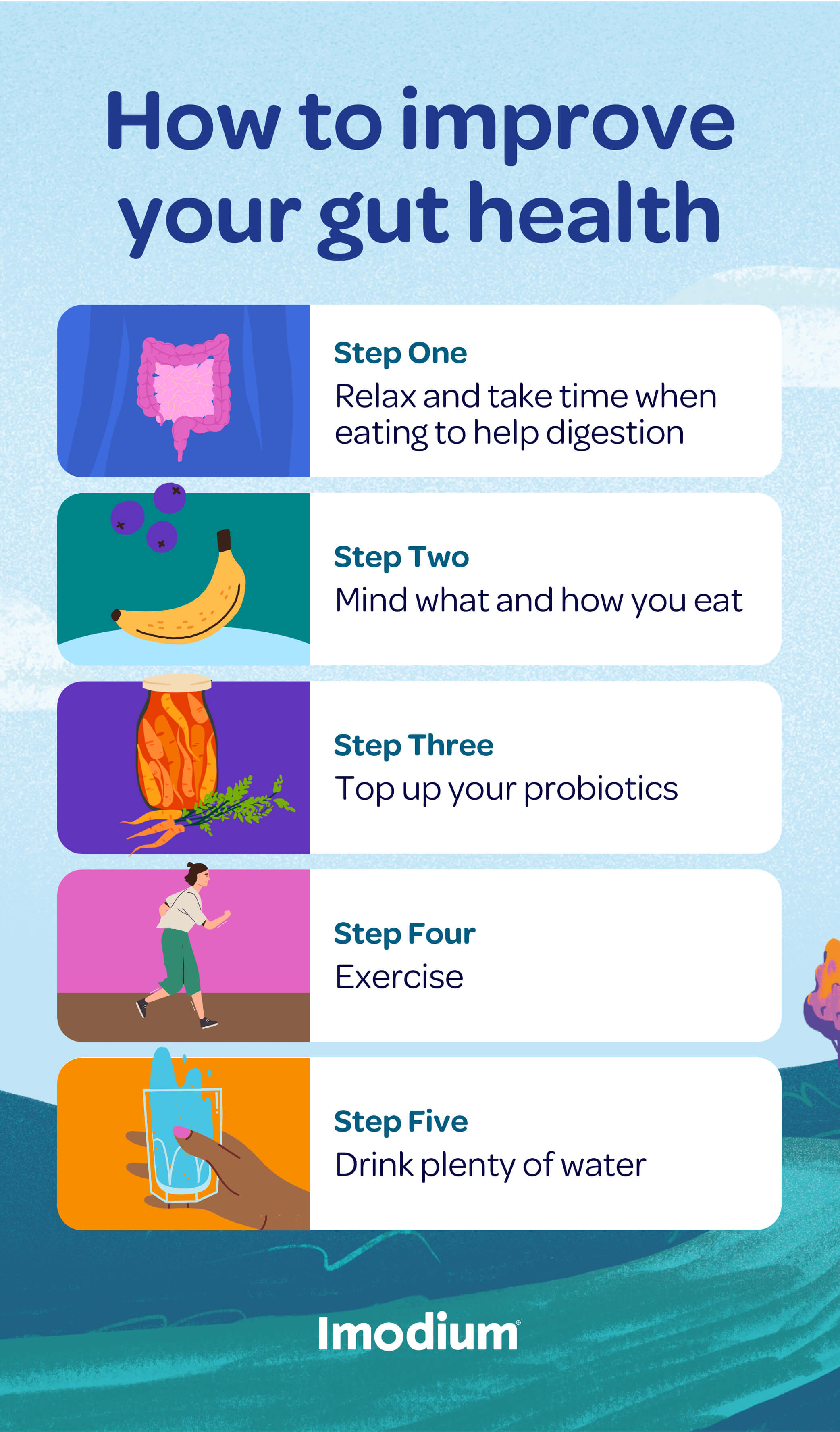Have You Ever Wondered About the Best Way to Fast for Gut Health?
Fasting has garnered quite a bit of attention lately, especially when it comes to improving health and wellness. With all the buzz, it’s natural to ponder whether fasting could be the key to better gut health. After all, your digestive system plays a crucial role in your overall well-being. So, what’s the best approach to fasting if you want to focus on your gut?
With a multitude of fasting methods available, finding the right one can feel overwhelming. Let’s embark on a journey to understand how fasting affects your gut, which approaches might suit your gut health goals, and tips to ensure you fast safely and effectively.
Understanding Fasting and Its Impact on Gut Health
What Is Fasting?
Fasting involves voluntarily abstaining from food and, at times, beverages for a specified period. It’s an age-old practice that has been embraced across cultures and religions for spiritual, health, and other purposes. Nowadays, fasting is touted for its potential benefits, including weight management and improved metabolic health.
Why Is Gut Health Important?
Your gut is not just a digestion powerhouse; it’s intricately linked to various aspects of your health. It houses trillions of bacteria, known as the gut microbiome, that contribute to digestion, immunity, and even mental well-being. Thus, maintaining a balanced and healthy gut is pivotal.
Fasting’s effect on your gut might be a game-changer, promoting a healthy microbial balance and reducing inflammation in your digestive tract. However, not all fasting methods are created equal when it comes to gut health.
How Does Fasting Affect the Gut?
Fasting can have several impacts on your gut. It may influence the diversity and composition of your gut microbiome, enhance mucosal immunity, and reduce gut inflammation. During a fast, your gut gets a chance to “rest,” allowing the lining to rejuvenate and potentially repair itself. The absence of food might also shift the bacterial community, which can be beneficial. Yet, understanding how different fasting types impact your gut is key to reaping these benefits.
Various Fasting Methods to Consider
Intermittent Fasting
Intermittent fasting (IF) is one of the most popular fasting methods. It involves cycling between periods of eating and fasting, focusing more on when you eat than what you eat. Different intermittent fasting protocols can have varying effects on gut health:
- 16/8 Method: Fast for 16 hours and limit your eating window to 8 hours each day.
- 5:2 Method: Eat normally for five days a week, restricting calories to about 500-600 on the other two days.
- Eat-Stop-Eat: Involves a 24-hour fast once or twice a week.
Alternate-Day Fasting
This approach entails alternately fasting one day and eating normally the next. On fasting days, caloric intake is almost eliminated or significantly reduced. It can be effective for weight loss and might also support gut health by reducing inflammation.
Prolonged Fasting
Prolonged or extended fasting refers to abstaining from food for longer durations, generally exceeding 24 hours. While this approach can lead to profound metabolic reset, it’s essential to approach it cautiously due to potential adverse effects.
Time-Restricted Feeding
This is another variant of intermittent fasting where you adhere to specific time windows for eating and fasting within a 24-hour period. For instance, only eating within a 10-hour window.

Which Fasting Method is Best for Gut Health?
Factors Influencing Fasting Choice
Choosing the best fasting method for gut health largely depends on individual factors such as:
- Current Digestive Issues: If you experience gut problems like IBS or chronic gastritis, certain fasting methods might be more suitable.
- Lifestyle: Consider your daily routine to determine which fasting schedule fits seamlessly.
- Health Goals: Aside from gut health, you might have other goals, such as weight loss or enhanced mental clarity.
Scientific Backing
The intermittent fasting approach, particularly the 16/8 method and time-restricted feeding, often receives endorsement for fostering a healthy gut microbiome. These methods provide the gut enough time to rejuvenate without inducing undue stress which might occur during extended fasts.
Benefits of Intermittent Fasting for Gut Health
Intermittent fasting helps maintain a balance of beneficial bacteria in the gut. The fasting periods give your digestive system a break, promoting autophagy—a process where your body cleans out damaged cells. Moreover, it can regulate gut hormones and support a healthier inflammatory response.
How to Start Fasting for Gut Health Safely
Simple Steps to Begin
- Consult with a Healthcare Provider: Before beginning any fasting regimen, particularly if you have underlying health conditions, consulting a professional is advisable.
- Choose a Fasting Method: Based on your goals and lifestyle, select a method that will be both sustainable and effective.
- Ease Into It: Gradually extend fasting periods over time to allow your body to adjust. Consider starting with time-restricted feeding.
Pay Attention to Your Body
Everyone reacts to fasting differently. Monitor your body’s responses and modify your approach if you experience adverse effects such as fatigue or digestive discomfort.
Stay Hydrated
Hydration is paramount during fasting. Drinking water, herbal teas, and black coffee can help curb hunger and support digestive health.
Consider Nutrient Density
When you do eat, focus on nutrient-rich foods that support your gut, such as fermented items like yogurt or sauerkraut, which can promote a healthy microbiome.
Break the Fast Gently
After fasting, introduce food slowly to avoid shocking your digestive system. Start with light, easy-to-digest meals like bone broth or oatmeal.

Tips to Enhance Fasting Experience and Gut Health
Incorporate Mindful Eating
Mindful eating encourages awareness of hunger cues, allowing you to savor food and improve digestion. It’s a beneficial practice during eating windows, ensuring you derive the most nourishment and enjoyment from meals.
Support the Gut with Probiotics
Including probiotics can help replenish and maintain healthy gut bacteria. Probiotic-rich foods or supplements can be a valuable addition to your routine, especially when paired with fasting.
Balance with Prebiotics
Prebiotics, which are fibers that feed beneficial bacteria, should complement your diet. Foods like garlic, onions, and bananas serve as excellent prebiotic sources.
Engage in Light Physical Activity
Gentle exercises like yoga or walking can improve gut motility and overall well-being. They are suitable during fasting periods, helping to mitigate stress and support a balanced lifestyle.
Recognize Potential Challenges and Risks
Side Effects to Watch For
While fasting is generally safe for healthy individuals, it might lead to certain side effects, such as fatigue, irritability, or digestive discomfort. If these persist, it’s crucial to reevaluate your fasting approach.
When to Stop or Adjust Fasting
If you notice signs of nutritional deficiencies, significant weight loss, or other health disturbances, consider stopping fasting and seeking medical advice.
Special Considerations
Some individuals, such as pregnant or breastfeeding women, those with medical conditions, or individuals with a history of eating disorders, should approach fasting with caution and seek professional guidance before proceeding.

Conclusion
Exploring the best way to fast for gut health can be a transformative endeavor for your well-being. From intermittent fasting to time-restricted eating, finding the right fit depends on personal preferences and health considerations. Embracing a mindful approach, ensuring proper hydration, and supporting your body with nutritious foods can pave the way for a harmonious balance in your digestive system.
Start the journey with genuine curiosity and a commitment to listening to your body. With a careful and conscious approach, fasting can contribute positively to your gut health and overall vitality.
